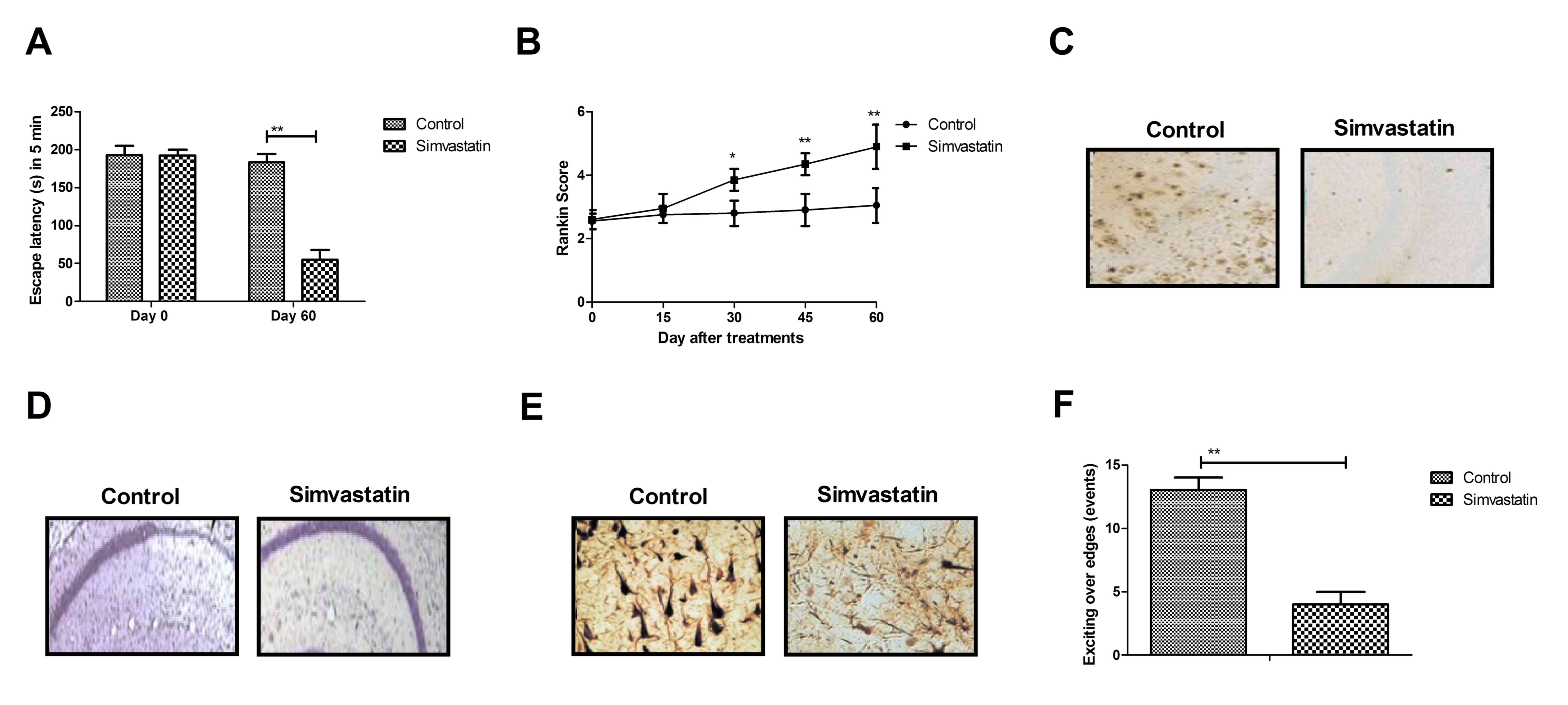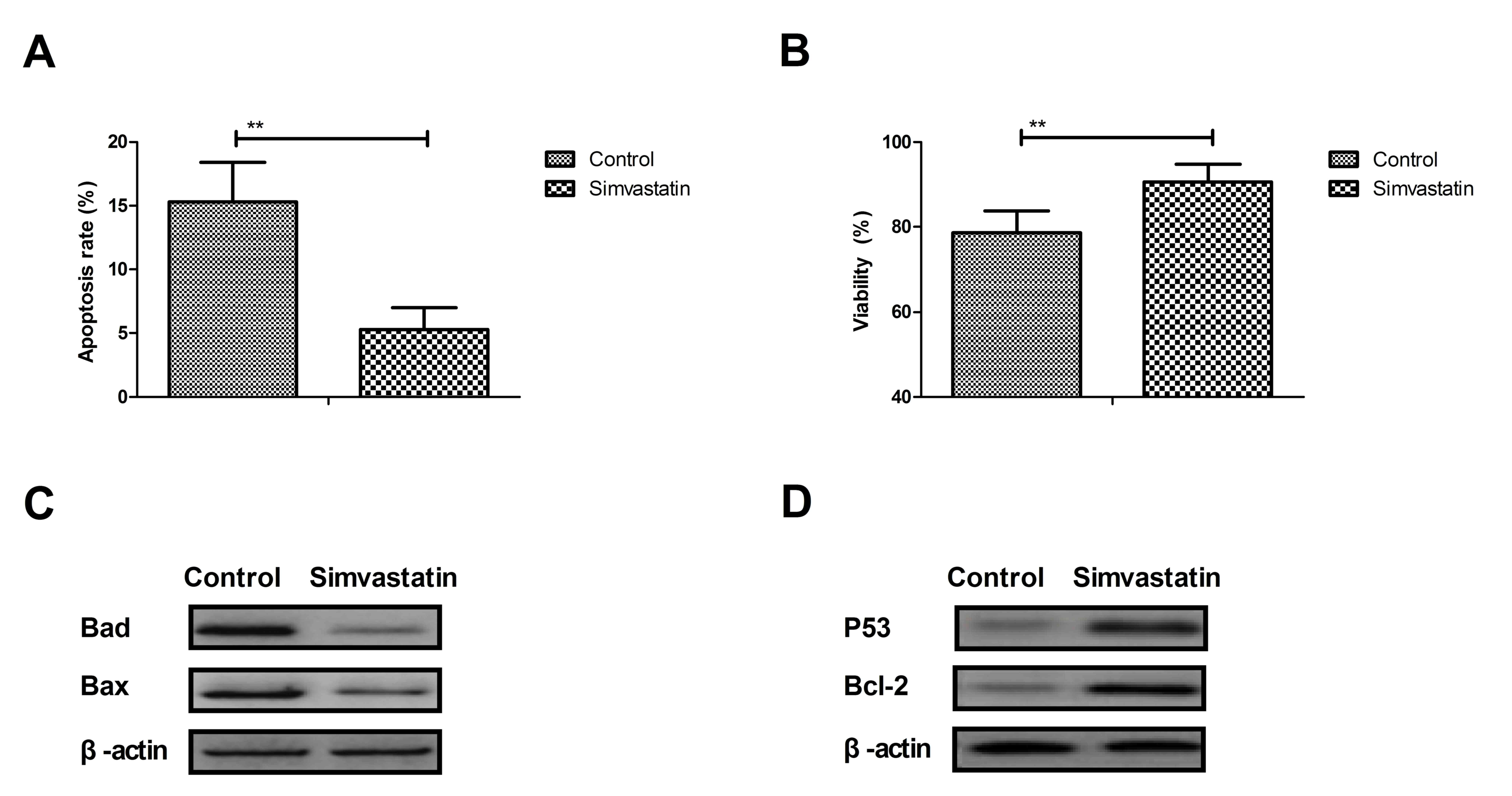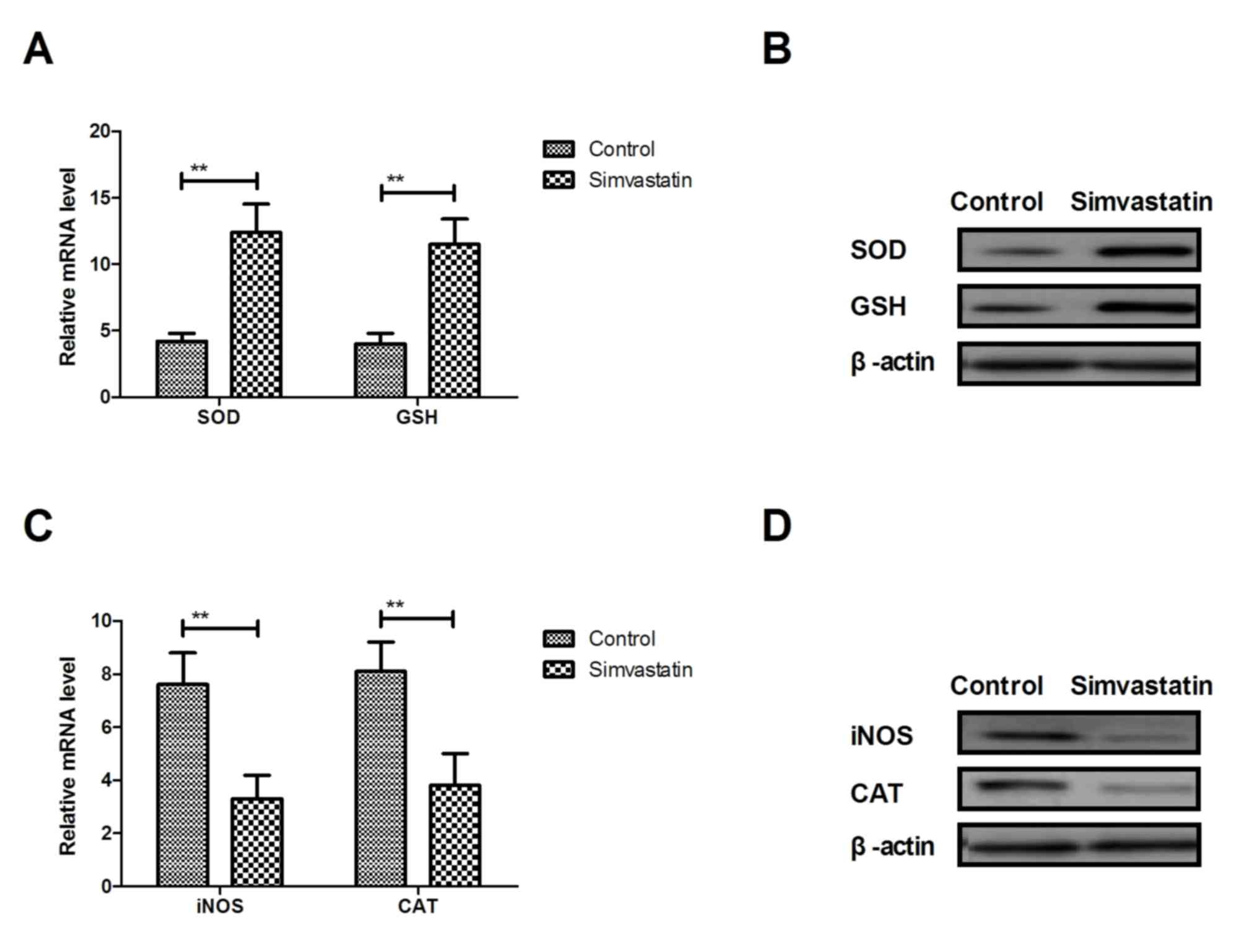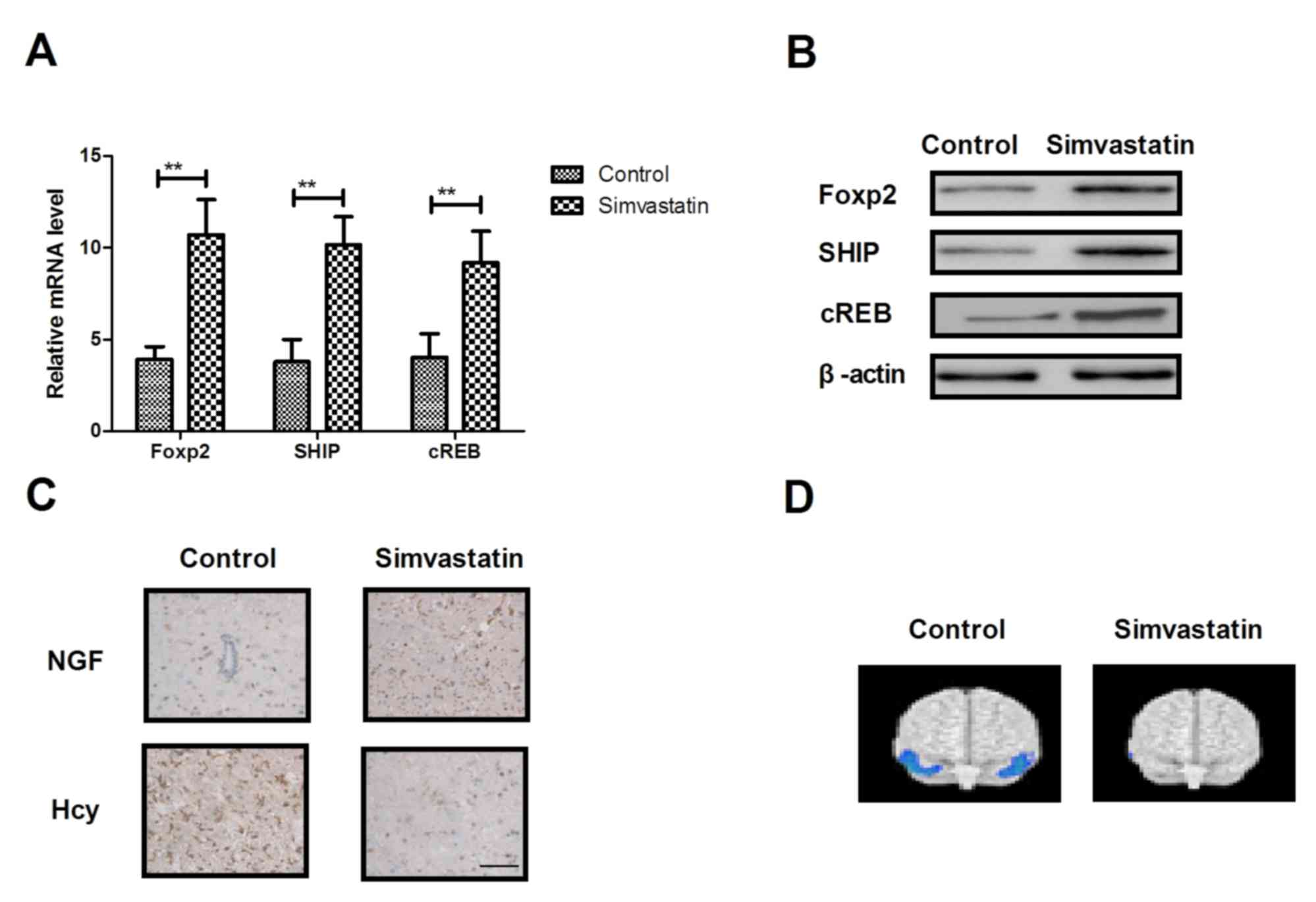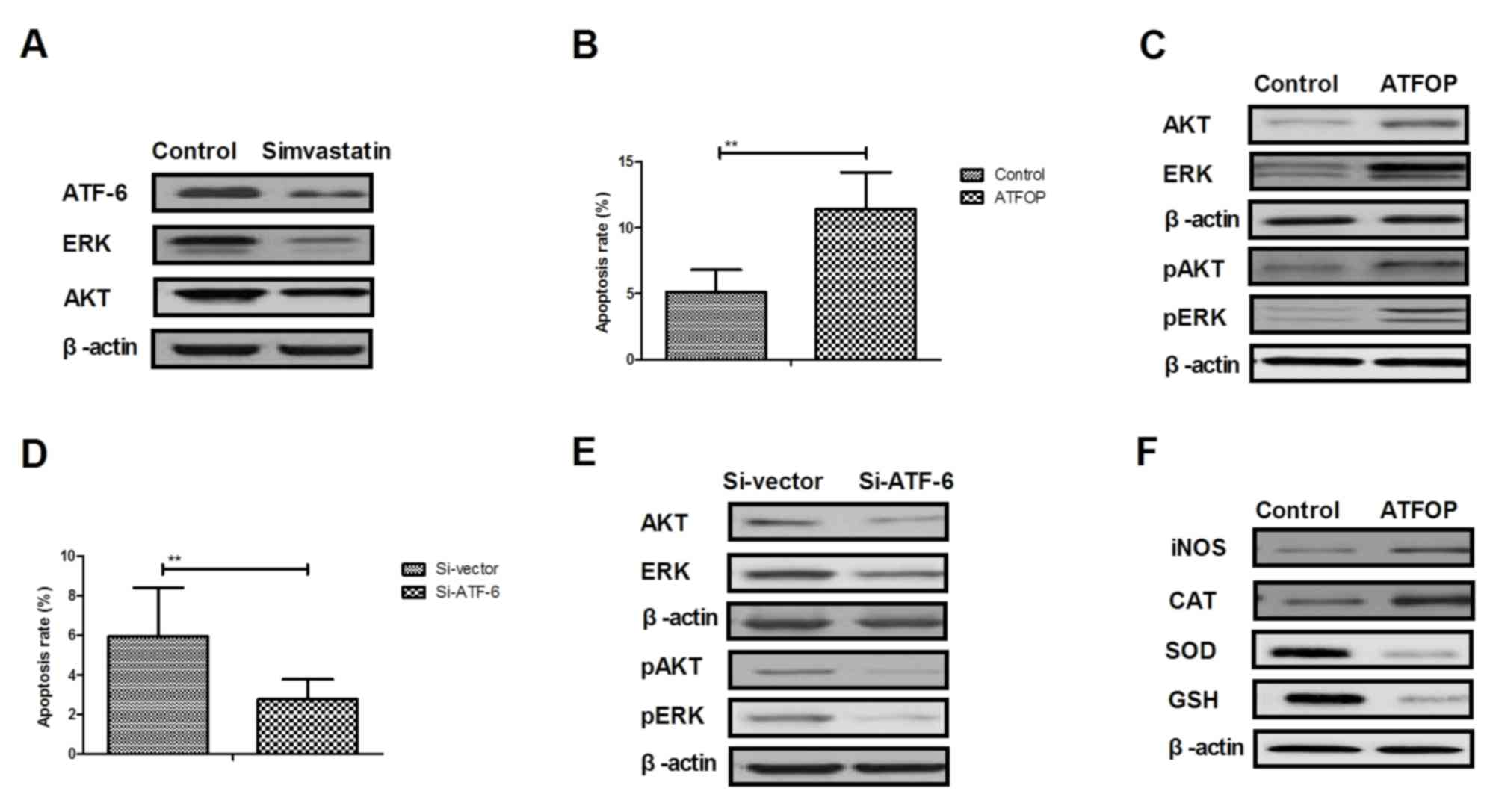|
1
|
Zeng L, Zou Y, Kong L, Wang N, Wang Q,
Wang L, Cao Y, Wang K, Chen Y, Mi S, et al: Can Chinese Herbal
medicine adjunctive therapy improve outcomes of senile vascular
dementia? Systematic review with meta-analysis of clinical trials.
Phytother Res. 29:1843–1857. 2015. View
Article : Google Scholar
|
|
2
|
Song MH, Hamada H and Mimura M:
Semiological differences between late-life schizophrenia and senile
dementia. Keio J Med. 63:34–38. 2014. View Article : Google Scholar
|
|
3
|
Kawahara M, Mizuno D, Koyama H, Konoha K,
Ohkawara S and Sadakane Y: Disruption of zinc homeostasis and the
pathogenesis of senile dementia. Metallomics. 6:209–219. 2014.
View Article : Google Scholar
|
|
4
|
Disse M, Reich H, Lee PK and Schram SS: A
Review of the association between parkinson disease and malignant
melanoma. Dermatol Surg. 42:141–146. 2016. View Article : Google Scholar
|
|
5
|
Rizzo G, Copetti M, Arcuti S, Martino D,
Fontana A and Logroscino G: Accuracy of clinical diagnosis of
Parkinson disease: A systematic review and meta-analysis.
Neurology. 86:566–576. 2016. View Article : Google Scholar
|
|
6
|
Vos E and Nehrlich HH: Use of statins and
incidence of dementia and cognitive impairment without dementia in
a cohort study. Neurology. 73:406–407. 2009. View Article : Google Scholar
|
|
7
|
Wilson PW and Vega GL: Counterpoint:
Lipoproteins and dementia: Is there compelling evidence to treat
Alzheimer's patients with statins? J Clin Lipidol. 2:394–396. 2008.
View Article : Google Scholar
|
|
8
|
Horsdal HT, Olesen AV, Gasse C, Sørensen
HT, Green RC and Johnsen SP: Use of statins and risk of
hospitalization with dementia: A Danish population-based
case-control study. Alzheimer Dis Assoc Disord. 23:18–22. 2009.
View Article : Google Scholar :
|
|
9
|
McGuinness B, O'Hare J, Craig D, Bullock
R, Malouf R and Passmore P: Statins for the treatment of dementia.
Cochrane Database Syst Rev: CD007514. 2010. View Article : Google Scholar
|
|
10
|
McGuinness B, Craig D, Bullock R and
Passmore P: Statins for the prevention of dementia. Cochrane
Database Syst Rev: CD003160. 2009. View Article : Google Scholar
|
|
11
|
Pettigrew C, Soldan A, Zhu Y, Wang MC,
Brown T, Miller M and Albert M: BIOCARD Research Team: Cognitive
reserve and cortical thickness in preclinical Alzheimer's disease.
Brain Imaging Behav. 11:357–367. 2017. View Article : Google Scholar
|
|
12
|
Fritz NE, Kegelmeyer DA, Kloos AD, Linder
S, Park A, Kataki M, Adeli A, Agrawal P, Scharre DW and Kostyk SK:
Motor performance differentiates individuals with Lewy body
dementia, Parkinson's and Alzheimer's disease. Gait Posture.
50:1–7. 2016. View Article : Google Scholar
|
|
13
|
Morimoto S, Kuzuhara S and Kokubo Y:
Increased oxidative stress in patients with amyotrophic lateral
sclerosis/Parkinsonism-dementia complex in the Kii peninsula,
Japan. Mov Disord. 24:123–126. 2009. View Article : Google Scholar
|
|
14
|
Jahng GH, Oh J, Lee DW, Kim HG, Rhee HY,
Shin W, Paik JW, Lee KM, Park S, Choe BY and Ryu CW: Glutamine and
glutamate complex, as measured by functional magnetic resonance
spectroscopy, Alters during Face-name association task in patients
with mild cognitive impairment and Alzheimer's disease. J
Alzheimers Dis. 53:7452016. View Article : Google Scholar
|
|
15
|
Nesteruk T, Nesteruk M, Styczynska M,
Barcikowska-Kotowicz M and Walecki J: Radiological evaluation of
strategic structures in patients with mild cognitive impairment and
Early Alzheimer's disease. Pol J Radiol. 81:288–294. 2016.
View Article : Google Scholar :
|
|
16
|
Petit A, Kawarai T, Paitel E, Sanjo N, Maj
M, Scheid M, Chen F, Gu Y, Hasegawa H, Salehi-Rad S, et al:
Wild-type PINK1 prevents basal and induced neuronal apoptosis, a
protective effect abrogated by Parkinson disease-related mutations.
J Biol Chem. 280:34025–34032. 2005. View Article : Google Scholar
|
|
17
|
Sun ZK, Ma XR, Jia YJ, Liu YR, Zhang JW
and Zhang BA: Effects of resveratrol on apoptosis in a rat model of
vascular dementia. Exp Ther Med. 7:843–848. 2014. View Article : Google Scholar :
|
|
18
|
Kaul M and Lipton SA: Signaling pathways
to neuronal damage and apoptosis in human immunodeficiency virus
type 1-associated dementia: Chemokine receptors, excitotoxicity,
and beyond. J Neurovirol. 10 Suppl 1:S97–S101. 2004. View Article : Google Scholar
|
|
19
|
Huang JL, Fu ST, Jiang YY, Cao YB, Guo ML,
Wang Y and Xu Z: Protective effects of Nicotiflorin on reducing
memory dysfunction, energy metabolism failure and oxidative stress
in multi-infarct dementia model rats. Pharmacol Biochem Behav.
86:741–748. 2007. View Article : Google Scholar
|
|
20
|
Shi GX, Liu CZ, Wang LP, Guan LP and Li
SQ: Biomarkers of oxidative stress in vascular dementia patients.
Can J Neurol Sci. 39:65–68. 2012. View Article : Google Scholar
|
|
21
|
Hernández-Zimbron LF and Rivas-Arancibia
S: Oxidative stress caused by ozone exposure induces β-amyloid 1–42
overproduction and mitochondrial accumulation by activating the
amyloidogenic pathway. Neuroscience. 304:340–348. 2015. View Article : Google Scholar
|
|
22
|
Bayir H, Kapralov AA, Jiang J, Huang Z,
Tyurina YY, Tyurin VA, Zhao Q, Belikova NA, Vlasova II, Maeda A, et
al: Peroxidase mechanism of lipid-dependent cross-linking of
synuclein with cytochrome C: Protection against apoptosis versus
delayed oxidative stress in Parkinson disease. J Biol Chem.
284:15951–15969. 2009. View Article : Google Scholar :
|
|
23
|
Demirci K, Nazıroğlu M, Övey İS and
Balaban H: Selenium attenuates apoptosis, inflammation and
oxidative stress in the blood and brain of aged rats with
scopolamine-induced dementia. Metab Brain Dis. 32:321–329. 2017.
View Article : Google Scholar
|
|
24
|
Cao Y, Guo N, Lv Y, Shi H and Chen X:
Isolation, primary culture and characterization of mouse glomerular
mesangial cells. Xi Bao Yu Fen Zi Mian Yi Xue Za Zhi. 29:1315–1318.
2013.(In Chinese).
|
|
25
|
Xiao S, Wang J and Xiao N: MicroRNAs as
noninvasive biomarkers in bladder cancer detection: A diagnostic
meta-analysis based on qRT-PCR data. Int J Biol Markers.
31:e276–e285. 2016. View Article : Google Scholar
|
|
26
|
Livak KJ and Schmittgen TD: Analysis of
relative gene expression data using real-time quantitative PCR and
the 2(-Delta Delta C(T)) method. Methods. 25:402–408. 2001.
View Article : Google Scholar
|
|
27
|
Naganuma Y, Ichii O, Otsuka S, Hashimoto Y
and Kon Y: Analysis of TdT-mediated dUTP nick end labeling
(TUNEL)-positive cells associated with cardiac myogenesis in mouse
embryo. J Vet Med Sci. 75:283–290. 2013. View Article : Google Scholar
|
|
28
|
Han M, Choi JW, Rim NJ, Kim SY, Suh HI,
Lee KS, Hong JM and Lee JS: Cerebral infarct volume measurements to
improve patient selection for endovascular treatment. Medicine.
95:e47022016. View Article : Google Scholar :
|
|
29
|
Tanaka Y, Akiyoshi J, Kawahara Y, Ishitobi
Y, Hatano K, Hoaki N, Mori A, Goto S, Tsuru J, Matsushita H, et al:
Infrared radiation has potential antidepressant and anxiolytic
effects in animal model of depression and anxiety. Brain Stimul.
4:71–76. 2011. View Article : Google Scholar
|
|
30
|
Dirani M, Nasreddine W, Abdulla F and
Beydoun A: Seizure control and improvement of neurological
dysfunction in Lafora disease with perampanel. Epilepsy Behav Case
Rep. 2:164–166. 2014. View Article : Google Scholar :
|
|
31
|
Venketasubramanian N, Sahadevan S, Kua EH,
Chen CP and Ng TP: Interethnic differences in dementia
epidemiology: Global and Asia-Pacific perspectives. Dement Geriatr
Cogn Disord. 30:492–498. 2010. View Article : Google Scholar
|
|
32
|
Battistin L and Cagnin A: Vascular
cognitive disorder. A biological and clinical overview. Neurochem
Res. 35:1933–1938. 2010. View Article : Google Scholar
|
|
33
|
Yang HY, Liu Y, Xie JC, Liu NN and Tian X:
Effects of repetitive transcranial magnetic stimulation on synaptic
plasticity and apoptosis in vascular dementia rats. Behav Brain
Res. 281:149–155. 2015. View Article : Google Scholar
|
|
34
|
Wolozin B, Wang SW, Li NC, Lee A, Lee TA
and Kazis LE: Simvastatin is associated with a reduced incidence of
dementia and Parkinson's disease. BMC Med. 5:202007. View Article : Google Scholar :
|
|
35
|
Luca M, Luca A and Calandra C: The role of
oxidative damage in the pathogenesis and progression of Alzheimer's
disease and vascular dementia. Oxid Med Cell Longev.
2015:5046782015. View Article : Google Scholar :
|
|
36
|
Schirer Y, Malishkevich A, Ophir Y, Lewis
J, Giladi E and Gozes I: Novel marker for the onset of
frontotemporal dementia: Early increase in activity-dependent
neuroprotective protein (ADNP) in the face of Tau mutation. PLoS
One. 9:e873832014. View Article : Google Scholar :
|
|
37
|
Kumar A, Sharma N, Gupta A, Kalonia H and
Mishra J: Neuroprotective potential of atorvastatin and simvastatin
(HMG-CoA reductase inhibitors) against 6-hydroxydopamine (6-OHDA)
induced Parkinson-like symptoms. Brain Res. 1471:13–22. 2012.
View Article : Google Scholar
|
|
38
|
Tušková R, Lipták B, Szomolányi P, Vančová
O, Uličná O, Sumbalová Z, Kucharská J, Dubovický M, Trattnig S,
Liptaj T and Kašparová S: Neuronal marker recovery after
Simvastatin treatment in dementia in the rat brain: In vivo
magnetic resonance study. Behav Brain Res. 284:257–264. 2015.
View Article : Google Scholar
|
|
39
|
El-Dessouki AM, Galal MA, Awad AS and Zaki
HF: Neuroprotective effects of simvastatin and cilostazol in
L-Methionine-Induced vascular dementia in rats. Mol Neurobiol.
54:5074–5084. 2017. View Article : Google Scholar
|
|
40
|
Ramos MC, Sierra S, Ramirez C, Velasco J
and Burgos JS: Simvastatin modulates the Alzheimer's
disease-related gene seladin-1. J Alzheimers Dis. 28:297–301.
2012.
|
|
41
|
Urban P, Pavliková M, Sivonová M, Kaplán
P, Tatarková Z, Kaminska B and Lehotský J: Molecular analysis of
endoplasmic reticulum stress response after global forebrain
ischemia/reperfusion in rats: Effect of neuroprotectant
simvastatin. Cell Mol Neurobiol. 29:181–192. 2009. View Article : Google Scholar
|
|
42
|
Bartolomé F, Muñoz U, Esteras N, Alquezar
C, Collado A, Bermejo-Pareja F and Martín-Requero A: Simvastatin
overcomes the resistance to serum withdrawal-induced apoptosis of
lymphocytes from Alzheimer's disease patients. Cell Mol Life Sci.
67:4257–4268. 2010. View Article : Google Scholar
|
|
43
|
Vitte J, Traver S, De Paula Maués A,
Lesage S, Rovelli G, Corti O, Duyckaerts C and Brice A:
Leucine-rich repeat kinase 2 is associated with the endoplasmic
reticulum in dopaminergic neurons and accumulates in the core of
Lewy bodies in Parkinson disease. J Neuropathol Exp Neurol.
69:959–972. 2010. View Article : Google Scholar
|
|
44
|
Hu YZ, Lu PY and Ling L: The expression of
ERK in the hippocampal neurons of mice with vascular dementia.
Zhongguo Ying Yong Sheng Li Xue Za Zhi. 25(466–467): 5202009.(In
Chinese).
|
|
45
|
Hu M, Liu Z, Lv P, Wang H, Zhu Y, Qi Q and
Xu J: Autophagy and Akt/CREB signalling play an important role in
the neuroprotective effect of nimodipine in a rat model of vascular
dementia. Behav Brain Res. 325:79–86. 2017. View Article : Google Scholar
|
|
46
|
Yao S, Zong C, Zhang Y, Sang H, Yang M,
Jiao P, Fang Y, Yang N, Song G and Qin S: Activating transcription
factor 6 mediates oxidized LDL-induced cholesterol accumulation and
apoptosis in macrophages by up-regulating CHOP expression. J
Atheroscler Thromb. 20:94–107. 2013. View Article : Google Scholar
|
|
47
|
Chen PY, Sun JS, Tsuang YH, Chen MH, Weng
PW and Lin FH: Simvastatin promotes osteoblast viability and
differentiation via Ras/Smad/Erk/BMP-2 signaling pathway. Nutr Res.
30:191–199. 2010. View Article : Google Scholar
|















